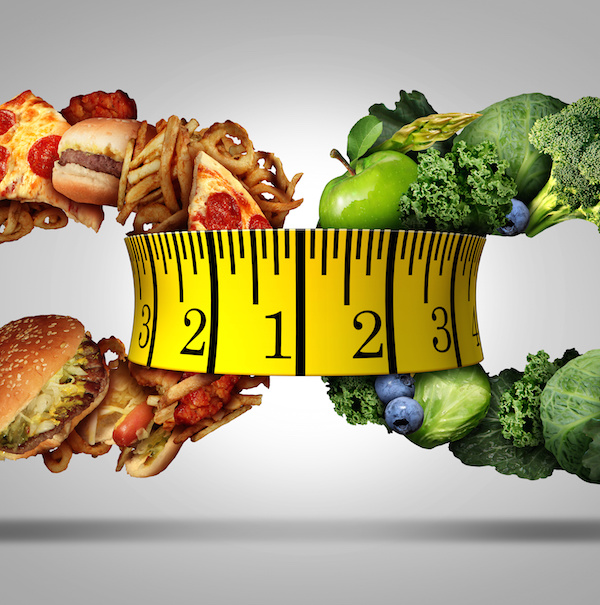
WEDNESDAY, May 8 (HealthDay News) — Next time you have a craving for fast food, don’t kid yourself that choices today are much healthier, a new study says.
The nutritional quality of menu items at fast-food restaurants has improved only modestly over 14 years, according to researchers.
The researchers analyzed menus from eight fast-food restaurant chains. The menus from 1997-1998 to 2009-2010 came from McDonald’s, Burger King, Wendy’s, Taco Bell, Kentucky Fried Chicken (KFC), Arby’s, Jack in the Box and Dairy Queen.
The study authors used the U.S. Department of Agriculture’s Healthy Eating Index to evaluate the nutritional quality of the menu items. Overall, the score for all eight restaurants increased from 45 to 48 during the 14-year period.
During that time, menu scores did not change for fruit, whole fruit, total vegetables, dark green and orange vegetables, legumes, total grains, whole grains, and oils. The good news was that scores improved for meat, saturated fat, and calories from solid fats and added sugars. On the other hand, scores for milk/dairy and sodium got worse.
The overall nutritional quality score of 48 associated with these eight restaurants fell below that of the average American diet (55), which the USDA considers far from ideal, according to the study appearing online May 7 and in the June print issue of the American Journal of Preventive Medicine.
“Given the role of fast food in Americans’ diets, restaurants are in a unique position to help improve the diet quality in the U.S. by improving the nutritional quality of menu offerings,” lead investigator Mary Hearst, an associate professor of public health at St. Catherine University in St. Paul, Minn., said in a journal news release.
“Modest improvements in average nutritional quality of menu offerings across eight fast-food restaurant chains were observed, which is consistent with both legislative efforts (e.g., banning trans fat) and the industry’s own statements about creating healthier menu options. However, considering that fast food is ubiquitous in the U.S. diet, there is much room for improvement,” she added.
More than one-quarter of American adults eat fast food two or more times a week, the study authors noted in the news release.
According to the author of an accompanying journal commentary, Margo Wootan, of the Center for Science in the Public Interest in Washington, D.C.: “This tiny increase [in the nutritional quality of fast food] is disappointing, and a bit surprising, given the many pronouncements by companies that they have added healthier menu options, switched to healthier cooking fats, are reducing sodium, and are touting other changes in company press releases and advertising.”
More information
The Academy of Nutrition and Dietetics offers tips for eating out.

